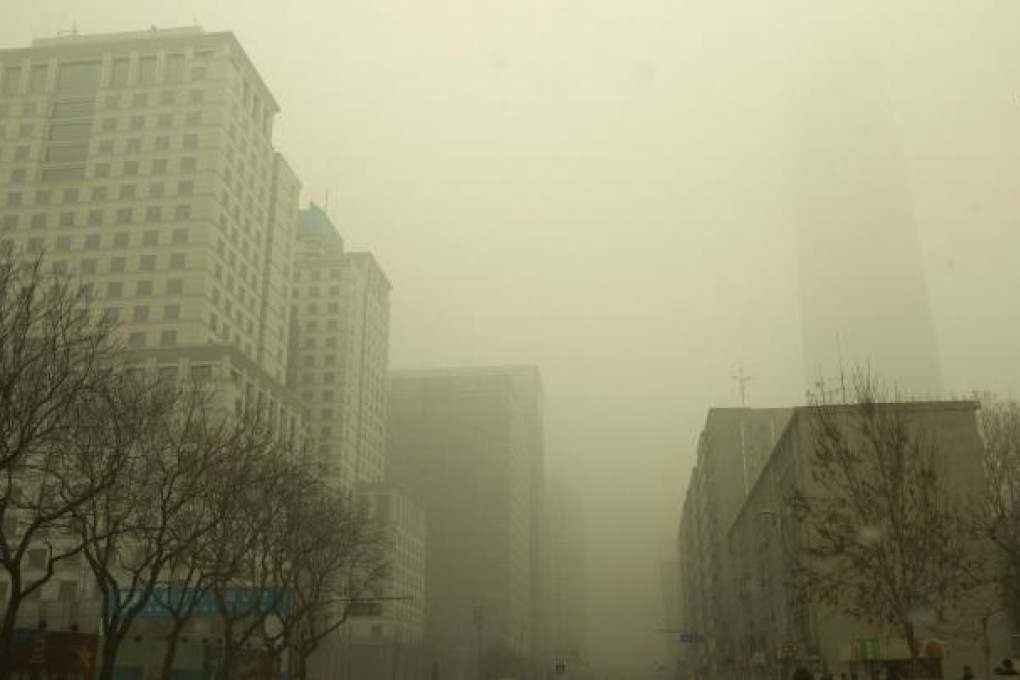Environmental experts say China's new leadership has to tackle pollution
New leadership has to declare war on pollution, end power struggles and take on vested interests

Lingering smog, dead pigs floating down waterways and rivers turned red and white - the mainland's new leadership was ushered in a month ago amid dreadful scenes in stark contrast to the "blue sky and clear water" pledged in their vision of a beautiful China.
As it faces the country's worst environmental crisis in three decades, will the new government be able to deliver on its promise?
While the past experience of Premier Li Keqiang in overseeing environmental issues and his background in law offer a silver lining, some experts say he has yet to show real political will and courage by declaring war on pollution, end power struggles between central and local authorities, and take on the mighty state-owned enterprises.
As a vice-premier, Li chaired a key national environmental protection working conference late in 2011, at which, for the first time, he spelled out a vision of a habitable environment comprising "blue sky, clear water and uncontaminated soil". He also chaired an annual meeting of the world's top environmental experts, hearing their advice on achieving a green transformation of China.
These experiences - accompanied by unprecedented environmental degradation in recent years - could give Li a better understanding of the country's pollution problems than any of his predecessors had, according to Yang Ailun, a senior associate in the major emerging economies team at the World Resources Institute.
Li is also believed to have been the top leader who supported the release of information on levels of PM2.5 - tiny particles of pollution in the air that are believed to do the most damage to humans.